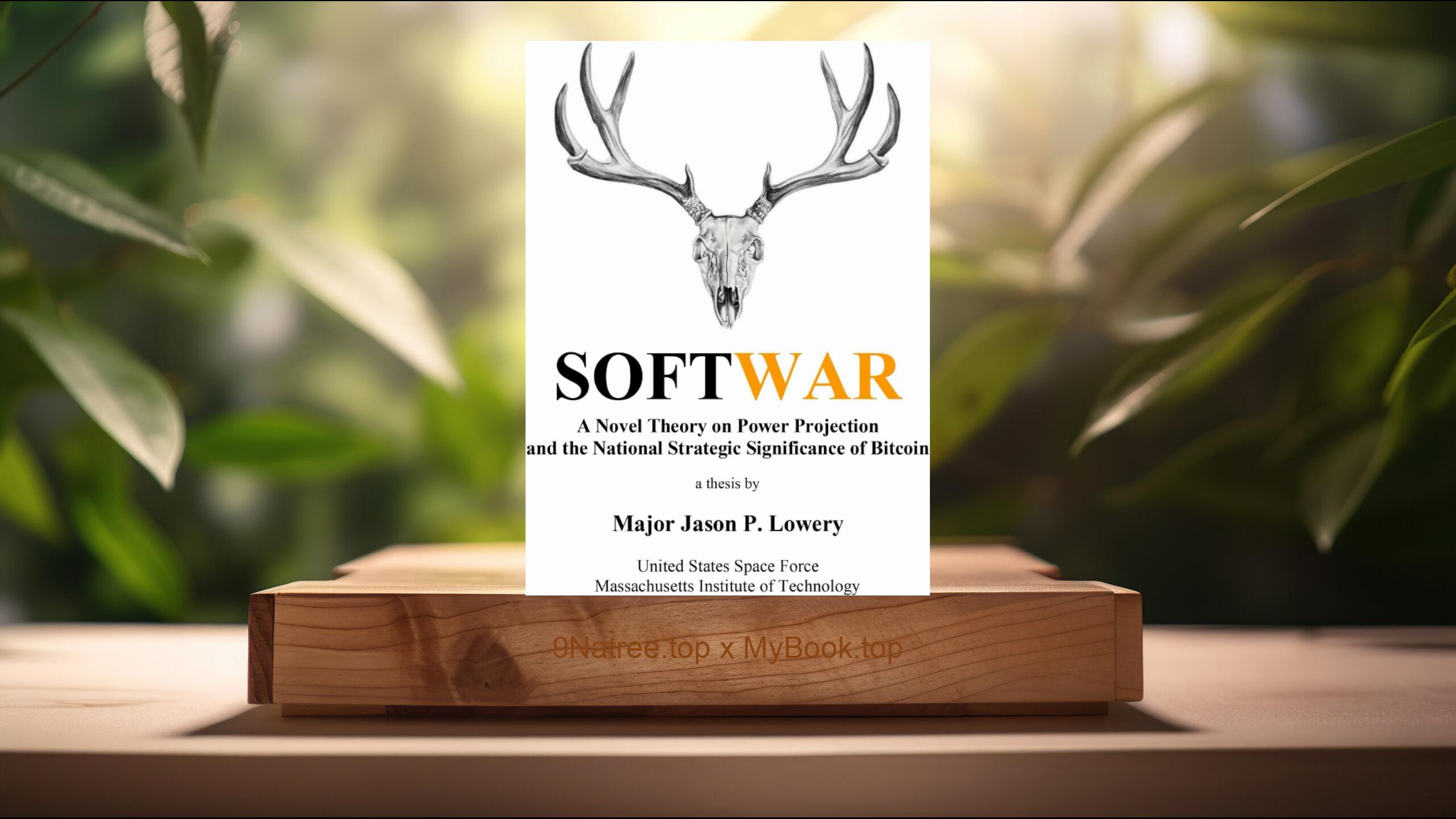Show Notes
- Amazon US Store: https://www.amazon.com/dp/B082XK834J?tag=9natree-20
- Amazon Worldwide Store: https://global.buys.trade/Leadership-Is-Language-L-David-Marquet.html
- Apple Books: https://books.apple.com/us/audiobook/leadership-is-language-the-hidden-power-of-what-you/id1491576092?itsct=books_box_link&itscg=30200&ls=1&at=1001l3bAw&ct=9natree
- eBay: https://www.ebay.com/sch/i.html?_nkw=Leadership+Is+Language+L+David+Marquet+&mkcid=1&mkrid=711-53200-19255-0&siteid=0&campid=5339060787&customid=9natree&toolid=10001&mkevt=1
- Read more: https://mybook.top/read/B082XK834J/
#LeadershipCommunication #Empowerment #InquirybasedLeadership #OrganizationalCulture #Innovation #Teamwork #Decisionmaking #LeadershipIsLanguage
These are takeaways from this book.
Firstly, The Industrial Age Playbook vs. The Information Age, Marquet scrutinizes the outdated Industrial Age leadership models that many organizations still follow—a top-down approach where decisions are made by senior leaders and cascaded down. He contrasts this with the Information Age, where rapid innovation, flat hierarchies, and decentralized decision-making take center stage. Marquet argues that in today's fast-paced, highly competitive environment, the rigid, hierarchical approach stifles creativity, agility, and initiative. By leveraging examples from the Navy and various industries, he illustrates how shifting from a command-and-control to a more participative leadership model encourages a sense of ownership and engagement among team members, leading to more resilience and innovative outcomes.
Secondly, The Language of Leadership, Marquet delves into the nuances of the language used by leaders and how it can shape the culture and performance of an organization. He categorizes leadership language into two types: 'redwork' language, which is directive and focuses on execution and efficiency, and 'bluework' language, which is exploratory and fosters critical thinking and adaptation. Marquet provides insight into how leaders can balance these languages to not only efficiently execute tasks but also cultivate an environment where team members feel empowered to contribute ideas and take initiative. Through practical examples, he demonstrates how slight changes in phrasing and asking the right questions can lead to a more engaged and innovative workforce.
Thirdly, Empowerment through Inquiry, A significant portion of Marquet's philosophy is the empowerment of team members through inquiry. Rather than issuing commands, he advocates for leaders to pose questions that encourage team members to think critically and take ownership of solutions. This approach fosters a deeper understanding of their work and its purpose, motivating them to be more proactive and involved. Marquet provides strategies for leaders to ask effective questions, encourage constructive debate, and create a culture where every team member feels valued and heard. This shift not only democratizes the decision-making process but also enhances the team's capacity to tackle complex problems innovatively.
Fourthly, Shifting from Compliance to Commitment, Marquet discusses the transition from a compliance-based culture to one of commitment and how language plays a crucial role in this shift. Compliance, driven by adherence to orders and procedures, often results in minimal effort and engagement from team members. In contrast, a commitment culture, fostered through participative language and leadership behaviors, inspires team members to go above and beyond, driven by internal motivation and belief in the organization’s values. Marquet offers practical advice on nurturing this culture, emphasizing the importance of leader vulnerability, the encouragement of dissenting opinions, and the recognition of team achievements in a way that reinforces commitment.
Lastly, The Playbook for the New Language of Leadership, In the final sections of the book, Marquet crystallizes his insights into a practical playbook for implementing the new language of leadership. This includes techniques for leaders to pause and reflect before speaking, frame their communication in a way that elicits engagement and innovation, and adopt a learning mindset. Marquet stresses the importance of practice and patience in adopting these new language habits, acknowledging the challenges of unlearning deeply ingrained leadership behaviors. He provides actionable steps for leaders at all levels to begin making the shift, including how to facilitate meetings that foster dialogue and exploration, rather than mere information dissemination or directive communication.
![[Review] Leadership Is Language (L. David Marquet) Summarized](https://episodes.castos.com/660078c6833215-59505987/images/1865866/c1a-085k3-v6zpjgg8f81j-0ph6us.jpg)




